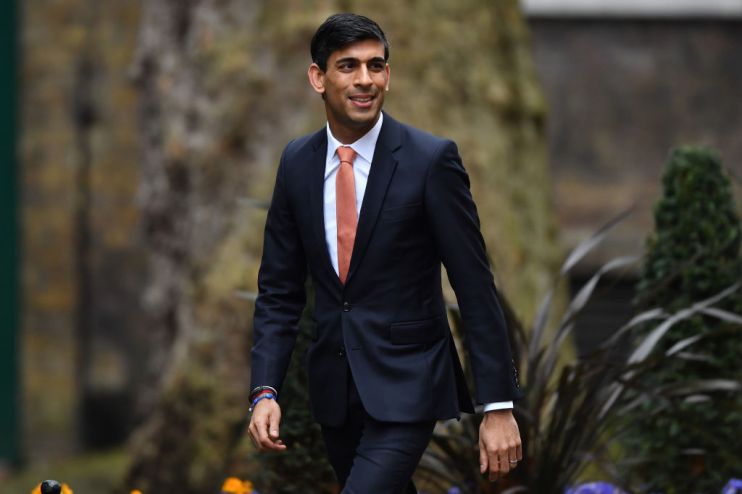IFS: Borrowing could surge to five-year high

The UK’s borrowing could balloon to £63bn next year, a five-year high well above both the most recent forecast and this year’s borrowing figure, an influential think tank has said.
The Institute for Fiscal Studies (IFS) also warned that the government would “undermine any credibility” in its spending rules if it ditches its pledge to balance day-to-day spending as some have predicted, meaning the government faces tough fiscal choices.
In a report ahead of the 11 March Budget, the IFS said next year’s deficit could be £23bn higher than the most recent estimate and £19bn more than its estimate of borrowing in 2019-20. A £63bn borrowing figure would be the highest since 2015-16.
The predicted increase in borrowing is due in large part to a number of expensive spending pledges made last year in areas such as health, education and policing, and comes even before what is expected to be an expansionary Budget.
It comes four years after then-chancellor George Osborne said the Tories would by this year turn the deficit – the shortfall between spending and tax income – into a surplus.
Britain’s premier tax-and-spend think tank also cautioned the government over its spending rules. In the run-up to the December General Election, then-chancellor Sajid Javid promised to balance current government spending – which does not include investment – by 2022-23.
Yet Javid stepped down in a shock move earlier this month, partly as a result of disagreements with Number 10 over spending.
Prime Minister Boris Johnson and his adviser Dominic Cummings are reportedly keen to loosen the fiscal rules set out by Javid so as to increase spending in the UK’s regions and cement the Conservatives’ hold on the northern seats it won at the election.
Yet the IFS said: “There have now been 16 fiscal targets announced over the last decade. If the target to balance the current budget were abandoned in this Budget it would be the shortest lived of them all.”
“Abandoning it now would surely undermine any credibility attached to fiscal targets set by this government.” The IFS said new chancellor Rishi Sunak faces a difficult choice to either “raise taxes, entrench austerity or break a fiscal rule”.
The IFS also told Sunak that – should he and Number 10 decide to keep Javid’s fiscal rules in place – the UK could well fail to balance the current budget in three years’ time anyway, given the higher levels of spending announced last year.
IFS director Paul Johnson said: “The chancellor is hemmed in by a rising deficit and fiscal targets set out in the Conservative manifesto.”
Divisions have emerged over tax in the Conservative party over recent weeks, with reports the government could impose a “mansion tax” on large houses going down badly.
The IFS’s Johnson said that “top of the list” of tax changes “should be the abolition of the misleadingly named entrepreneurs’ relief”, which the Tories’ 2019 manifesto promised to review.
In 2017–18 three-quarters of the £2.3bn cost of entrepreneurs’ relief – which gives tax relief to people selling businesses – benefited just 5,000 individuals, with an average tax saving among that group of £350,000, the IFS said.